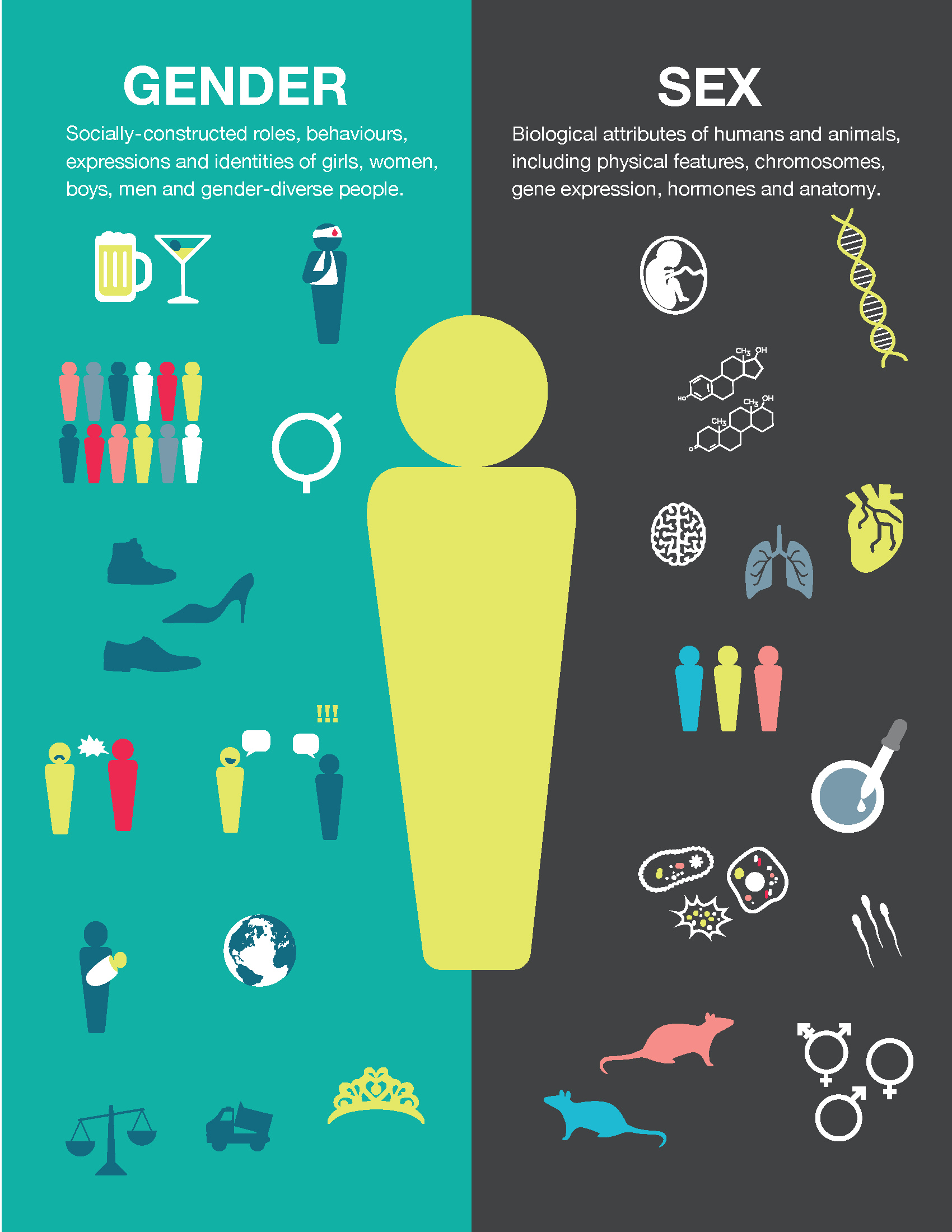With an increasing number of diagnoses, as well as increasing attention to the disorder in popular media, some voices have been calling ADHD a trend diagnosis. But how serious is ADHD actually? Is the increasing number of diagnoses really due to the disorder trending? And if that is the case, what would that mean? And what role does TikTok play in all of this?
Why and how do you measure sex or gender in your research participants? Are you still using a single binary question (male/female), or do you still add the option “other”? Are you aware of the differences between sex and gender? This blog post provides some hands-on best practices tips for including sex and/or gender in your research and for writing about them in an inclusive way.
Media report that many students take drugs to improve their academic performance. Now the Dutch government even plans to discourage this. Is it more than a hype? And should educational institutions react?
Scientific sources and popular media alike frequently report on the occurrence of university students feigning attention-deficit/hyperactivity disorder (ADHD) and misusing stimulant medication for non-medical use. How is it with the BSS students at our faculty?
One hundred and thirty years after this famous quote by William James, psychologists are still struggling to measure attention reliably, particularly impairments of attention. Together with my neuropsychologist colleagues, I developed the Everyday Life Attention Scale (ELAS) to help in the assessment of attention. Here I share our discoveries about attention.
Do adults who report high level of Attention-Deficit/Hyperactivity Disorder (ADHD) symptoms have poor error-monitoring during effortful tasks? If so, which half of the brain is responsible for it? In this blog post, I will address these two questions.
In a clinical assessment, all people report their symptoms honestly and try to perform to the best of their ability, right? Well… unfortunately, quite a lot of people don’t! We examined the case of feigned attention deficit hyperactivity disorder (ADHD) in adulthood, and explored ways to distinguish between true and feigned ADHD.
Every quarter, we share articles published in the BCN Newsletter and we are happy today to share an interview with Dr. Stéfanie Enriquez-Geppert, who recently started working at the Psychology Department as Assistant Professor in Neuropsychology. The interview was conducted and written by Anna Leonte, a BCN MSc student.
A personal experience with our dog Eli made me wonder whether animal-assisted interventions have the potential to support the treatment and care of children with ADHD. A subsequent literature study provided ample indication that several mechanisms of animal-assisted interventions can have a positive effect on several core symptoms of ADHD.
Do you remember that one classmate in elementary school who was often off-task, restless, and clowning around? What did the teacher do about it? In this blog post, I use recent reviews to discuss what science suggests to be effective for managing children with symptoms of ADHD in the classroom.










